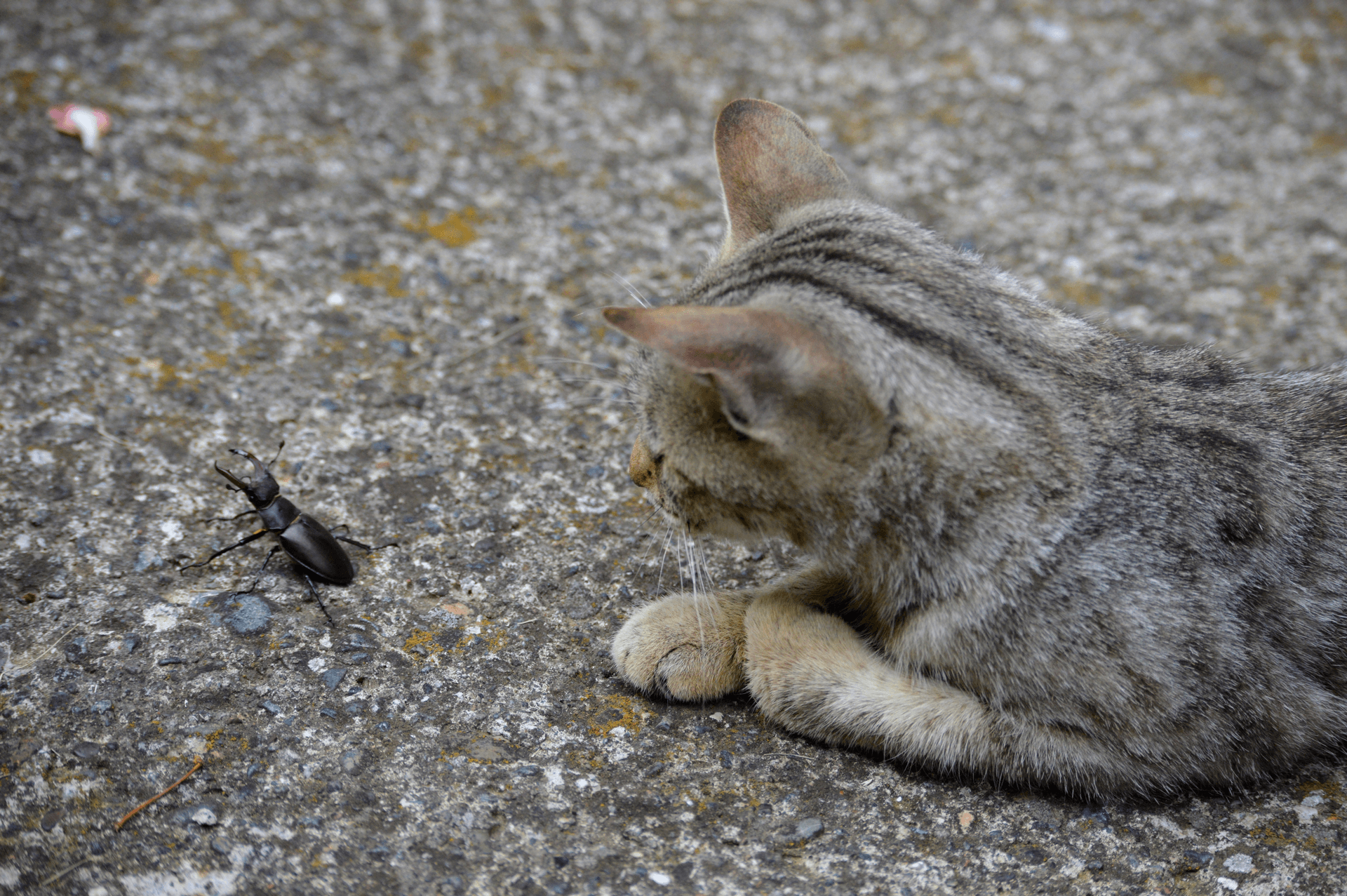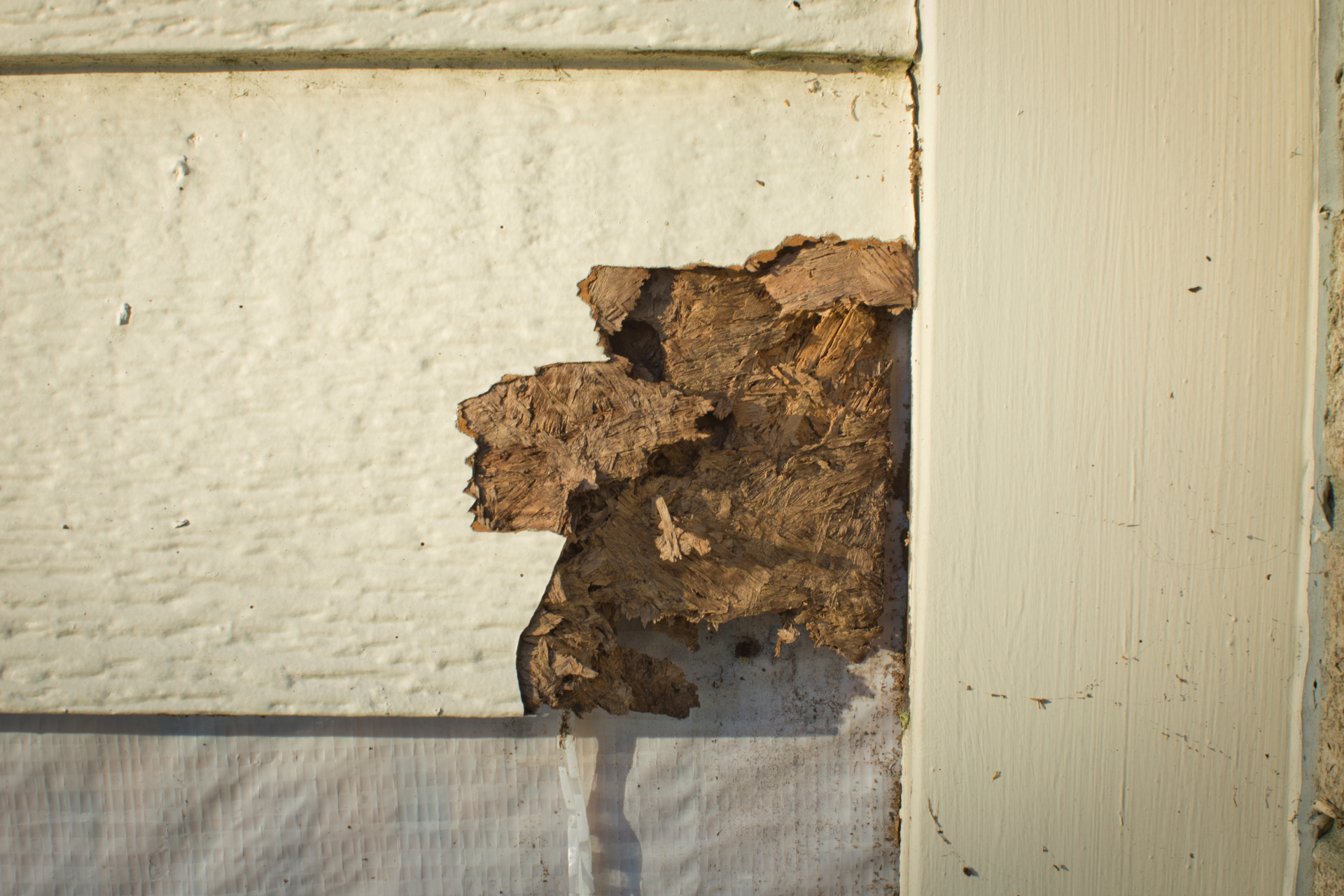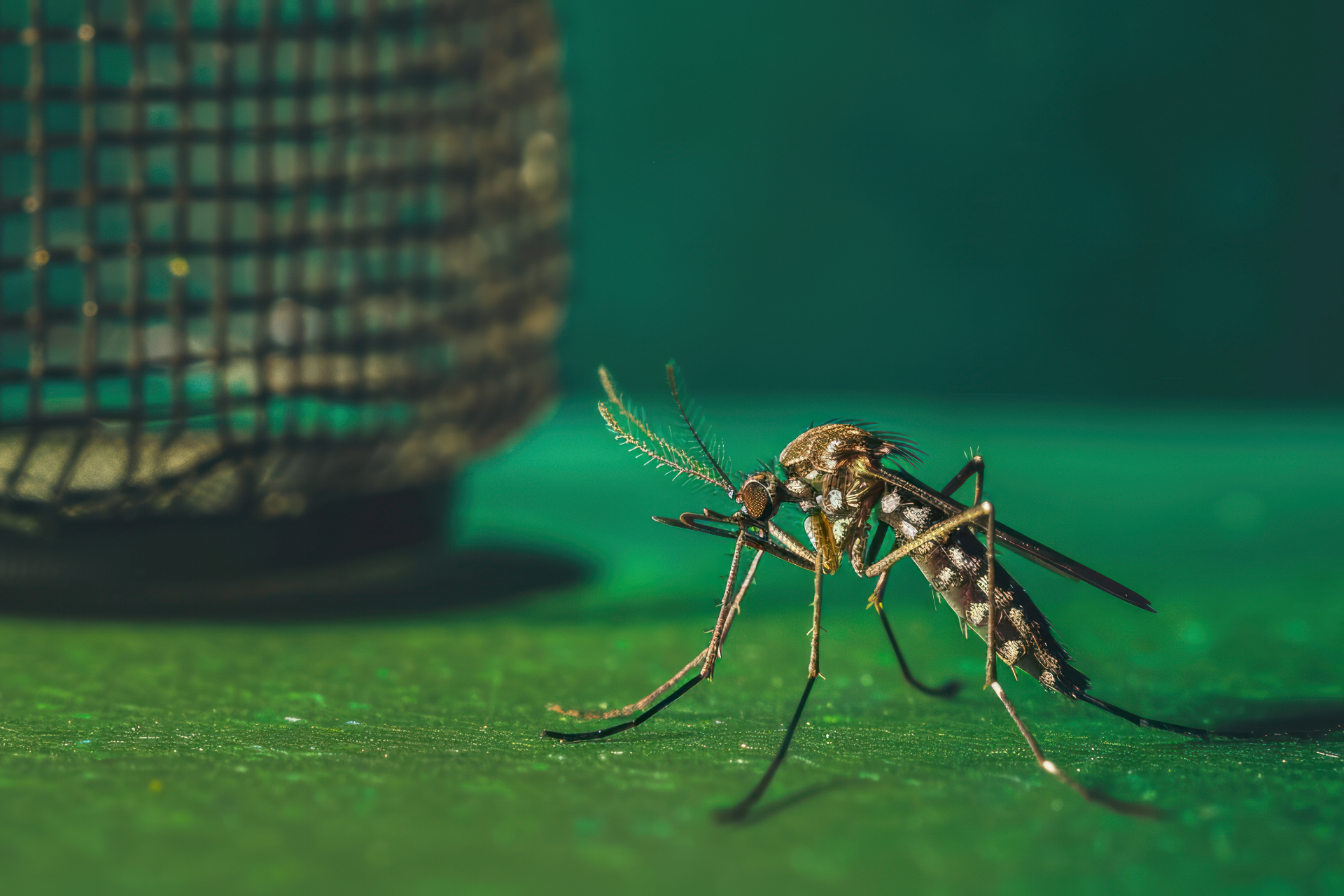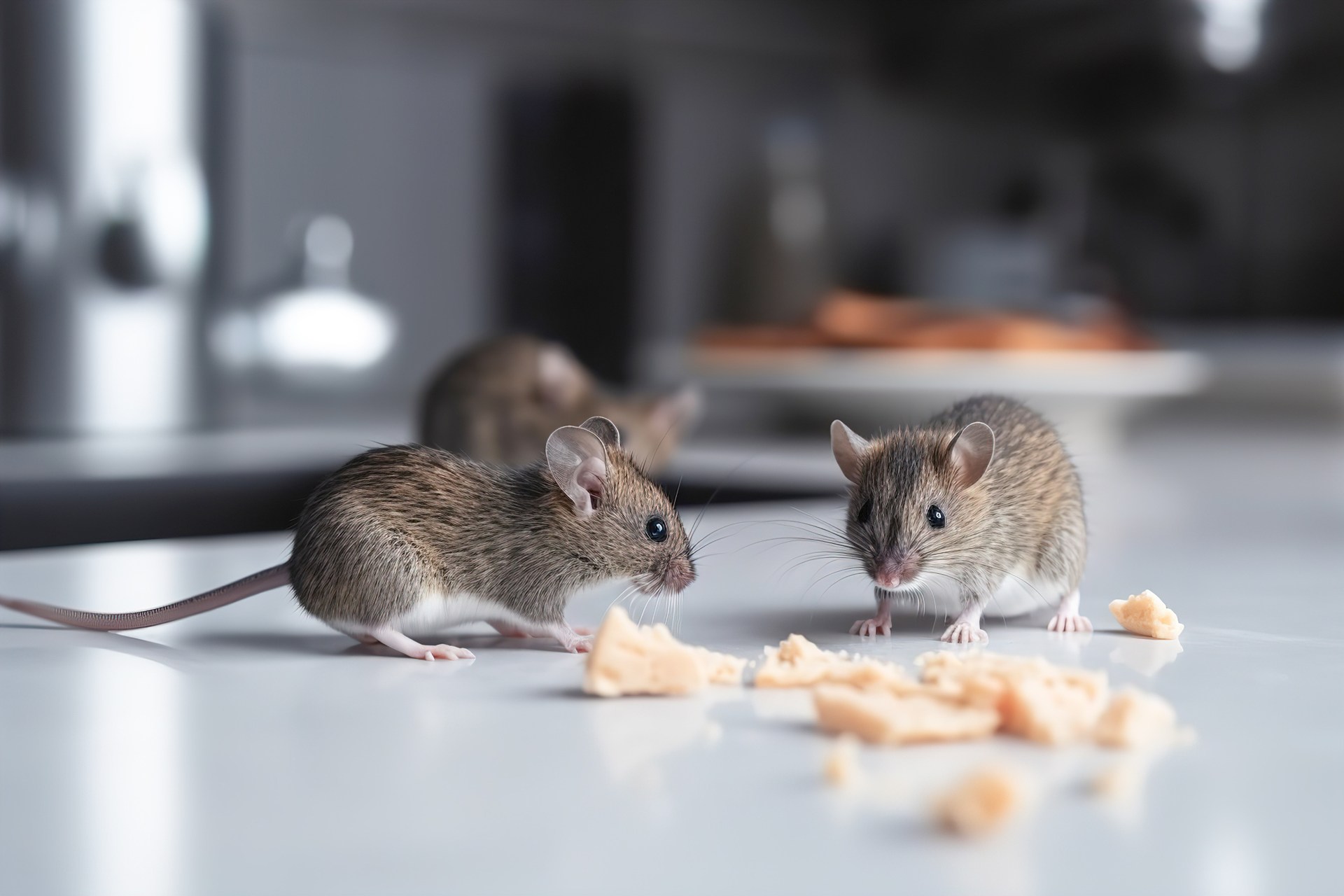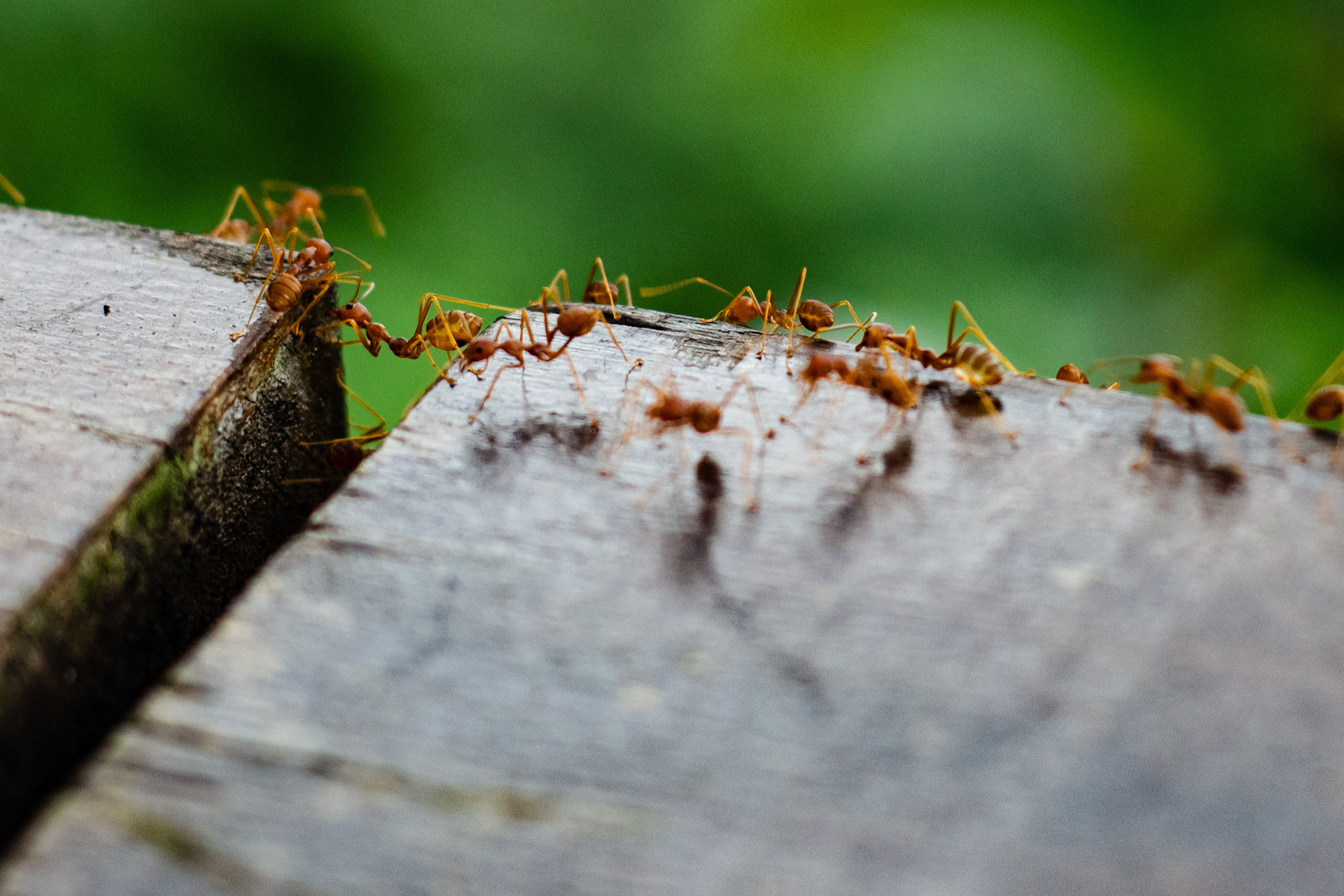Can Pests Make Your Pets Sick?
Pets offer unyielding companionship and can be the perfect addition to the family unit. So it’s no surprise that approximately 70% of U.S. households have a pet, with 69 million households owning a dog compared to 45.3 million choosing cats. Once you become a pet owner, your responsibility is to ensure their well-being. And emergency visits to the vet can cost thousands of dollars. Therefore, it is helpful to know that pests on your property are not merely a nuisance. They can also pose a health risk to your pets. Though outdoor pets are certainly more likely to encounter harmful pests, indoor pets are still susceptible to insects and wild animals seeking refuge inside your home. As such, diligent pest control is essential to providing your pet with the love and care, it deserves.
Pests That Pose A Threat To Pets
Unfortunately, there is no shortage of harmful pests out there. Bees, wasps, centipedes, and scorpions are common Carolinian insects. Like humans, many pets can have allergic reactions to stings, resulting in increased inflammation and itchiness. The Carolinas are also home to numerous species of snakes, including those with potent poison, such as rattlesnakes, coral snakes, and cottonmouth snakes. Moreover, if your pet spends a lot of time alone outdoors, it may come face-to-face with predatory wild animals. For example, small cats and dogs are seen as prey to a coyote, and they might view larger dogs as a threat to their territory.
Ticks might be small, but they are also among the deadliest pests. They can cause anemia through blood-sucking and transmit bacteria and diseases, including Lyme disease and Rocky Mountain spotted fever. Additionally, cats can contract cytauxzoonosis, which often proves fatal. Fire ants are one of the more unusual pests that pose a considerable health risk to pets. On top of exhibiting extreme aggression, their venomous sting causes painful welts that develop into blisters. In addition, if they target your pet’s eyes, it can cloud their corneas, potentially leading to eventual blindness.
As for indoors, cats are curious, and dogs are naturally playful. Often, they chase or eat creepy crawlers around the house. Though the average spider poses no threat to healthy pets, several species can deliver a deadly bite. Both black widows and brown recluses are found in the Carolinas and can cause permanent injury. Black widow venom can paralyze breathing muscles and cause dangerous blood pressure changes, while a bite from a brown recluse can result in tissue, liver, or kidney damage. Additionally, rats and mice are common invaders in nearly every household. In addition to causing havoc in your pantry, rodents can harbor parasites and bacteria.
Signs Your Pet Encountered A Dangerous Pest
Some diseases and venom transmitted by pests can be deadly if not addressed immediately. As such, it is essential to identify when something is wrong and get your pet to a vet asap. If you suspect your pet has been the victim of a dangerous pest, look for common symptoms such as rash or skin irritation, lethargy, changes in appetite, vomiting or diarrhea, and mouth or face swelling. Excessive drooling, scratching, or biting may indicate that your pet has been bitten.
Ultimately, you know your pet best. If behaviors seem out of the ordinary, you should err on the side of caution and have a professional check them out. For instance, over 10% of untreated cases of tick paralysis end in death. Additionally, rattlesnake bites are about 25 times more deadly to dogs than humans, and even if they survive, they may suffer permanent damage, such as muscle paralysis. If the breathing muscles are targeted, it is likely to be fatal. Vets recommend yearly or bi-yearly screening for insect-transmitted diseases and pay close attention if symptoms appear. As the saying goes, it is much better to be safe than sorry.
Reliable Pest Control Services In North and South Carolina
Contrary to popular belief,
pets are not adequate for rodent control. They are more likely to avoid each other than play a game of cat and mouse. Regular
pest control and maintenance is the most effective way to protect your pets from pests. At Ease Pest Solutions offers service plans and one-time treatments so you can guarantee a safe, pest-free home for your furry friends. Contact us at one of our branches in Troutman, Charlotte, High Point, or Rock Hill.
Troutman Branch
694 South Main Street
Troutman, NC 28166
704.761.9697
